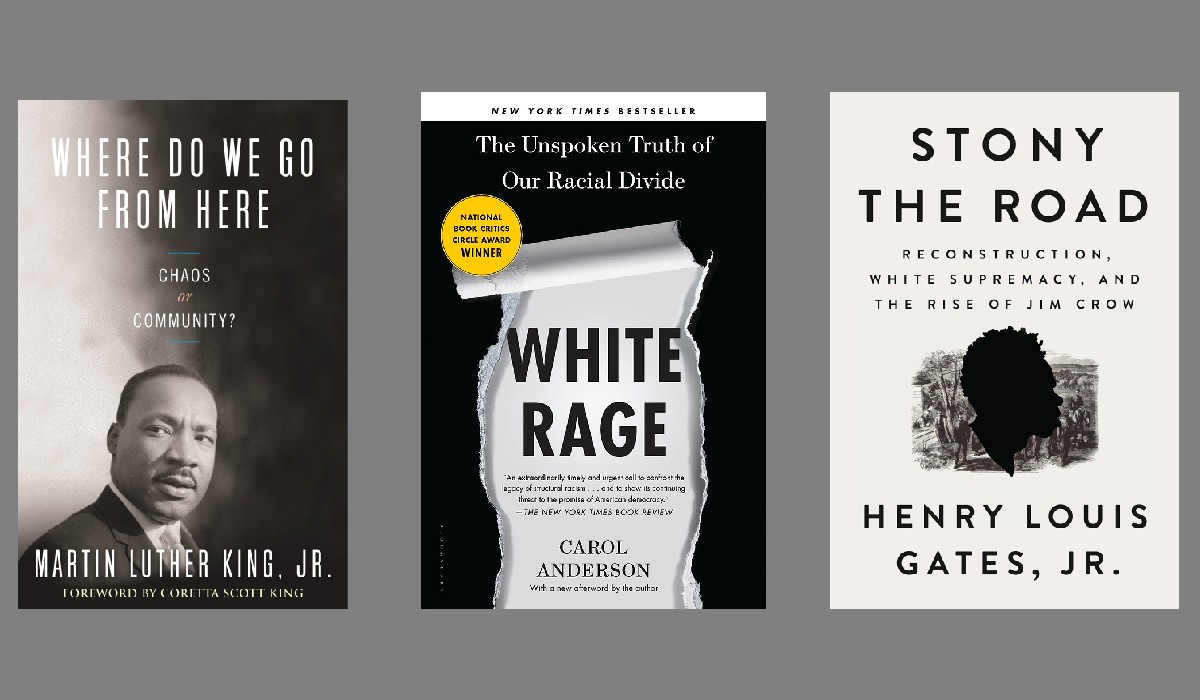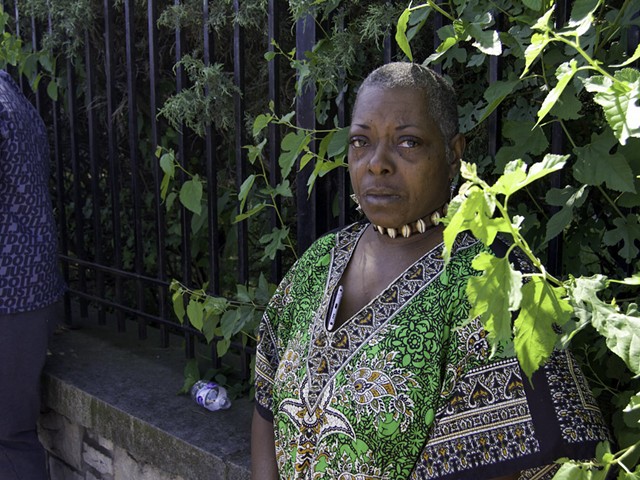I have been trying to wrap my head around the enormity of the problem with which our community is struggling and how its roots go back centuries. What am I, as a white person, to think? To do? I offer you this letter, with its reminders and suggestions for myself, as a meager first step.
I.
I live near where the John B. Castleman statue used to be in The Highlands and watched with mixed feelings as it was taken down recently. Mixed feelings. Why should I have mixed feelings? What’s wrong with me? It had to go.
In talking to neighbors about its replacement, I suggested commissioning Ed Hamilton to create a sculpture of Frederick Law Olmsted, who was instrumental in designing our parks system. A wiser neighbor concluded, “I think we’ve had enough statues for a while.” Exactly. Another statue? Now? This suggests that I want my literal worldview, the one out my window, to get back to some semblance of normalcy as soon as possible, as in, “Hey, Louisville, you owe me a statue!”
It’s weird not to see it. Poor me. I’ll get over it. Breonna’s family and the thousands of other families like hers will not get over their loss. They will suffer years of adjustment to her absence, but they will not get over their loss.
II.
Some ask: “Why do they have to be violent and tear things up?”
Have you ever thrown one of your own possessions across the room in anger? Ever screamed when you couldn’t make someone understand you? Remember how powerless you felt when it seemed the only expression that would make any difference was some kind of outburst? And no one was likely threatening your life or your ability to create a livelihood for yourself or short-changing you in the healthcare system.
My white privilege allows me to watch the news and say, “That’s terrible,” right before I check on my Netflix queue. Shame on me.
III.
I want to ask the Black people I know, “What should I do?” But I’ve come to understand that many are sick and tired of educating us.
Recall the exhaustion, desperation and futility you’ve felt, white people, when trying to get your children to listen or follow directions, saying, “How many times do I have to tell you?” Perhaps this is a bit of what it feels like in the Black community.
The voices of the Black community have been speaking to us — in our preferred language of civil discourse, writing — for centuries. We have no excuses about this. We must educate ourselves. Here’s an initial reading list for the book club you’re going to start: Carol Anderson’s “White Rage”; Cornel West’s “Race Matters”; Henry Louis Gates Jr.’s “Stony the Road”; and Martin Luther King Jr.’s’ “Where Do We Go From Here?” I could go further into the past. I hear good things about Frederick Douglass.
As you read and discuss, invest in some humility and ask: What if I’m wrong? What if I’m misinformed? What if I’ve been misled? What if they have a point? Are my fears realistic?
IV.
After 9/11, there was an outcry for moderate members of the Muslim community to take the extremists in their midst to task and to constructively shame them and teach them the error of their ways. We, as white people, must do the same to our own. We must seek out and engage those of differing opinions, always remembering that they are more than likely encumbered by ignorance but not necessarily malice.
Make no mistake, the civil unrest in our society today is the direct result of the actions of people who look like us and from the inactions of people who are us. Decide which community leaders and institutions need to be inundated with letters. Discuss boycotts. Join a march.
V.
Do not presume to know what anyone in the Black community is feeling or going through. At best, you can barely imagine it.
Think about when you have been at the funeral of a loved one. Remember the types of condolence you received. Some said, “I’m so sorry for your loss” and sat with you while you wept. They brought you tissues and casseroles. They cut your grass and cleaned your house while you recovered.
Others said, “I know just what you feel,” or “I understand what you’re going through.” For most of us these are empty words and don’t help. No, you don’t understand what I feel. You’re not me. Never say, “I understand,” to a Black person about any of this, because you do not. If you say this, you are wrong.
Now imagine, white people, being at a funeral in which all you get is hollow words and hollow gestures. Imagine that the funeral has lasted 400 years and one mourner after another has passed by saying: “I know just how you feel.”
VI.
As a marriage therapist, I often make the suggestion to listen more and talk less. Believe what your loved one is telling you about their feelings, even if they don’t make sense to you, before you start in about your feelings. I think this approach applies here. We must listen more because we don’t know what we’re talking about.
As we begin to dismantle systemic racism, yes, white people, we will be required to change our way of life a little bit — but not nearly as much as you may fear. A little bit. But it’s unlikely you’ll find yourself gasping for breath under the knee of some cop.
VII.
It’s far too late to join this conversation and this fight, but join it we must, because it truly is better to be late to this party than to never go at all. Sadly, if you can’t be motivated by larger moral reasons, self-interest should dictate that if we want to Know Peace in our own communities, we must work to help others Know Justice in theirs.
Jeff Twyman is a Licensed Marriage and Family Therapist and Louisville resident.






